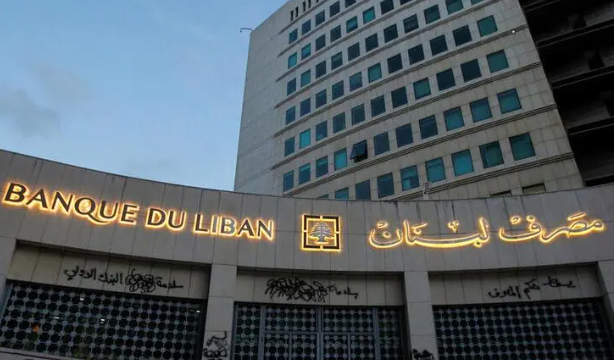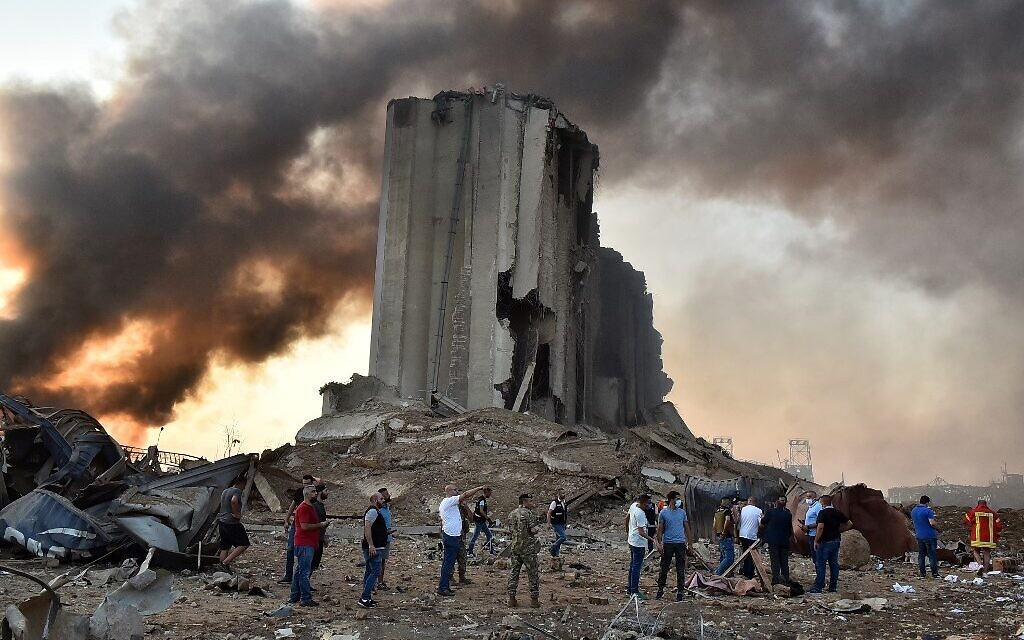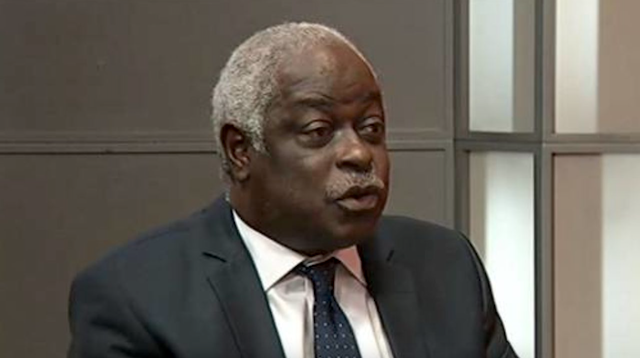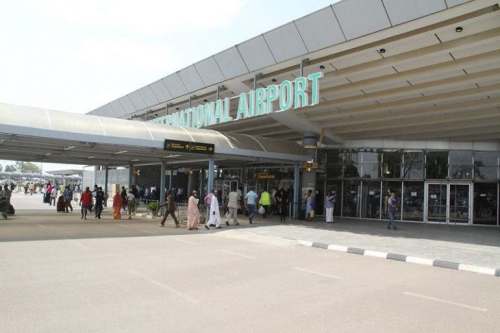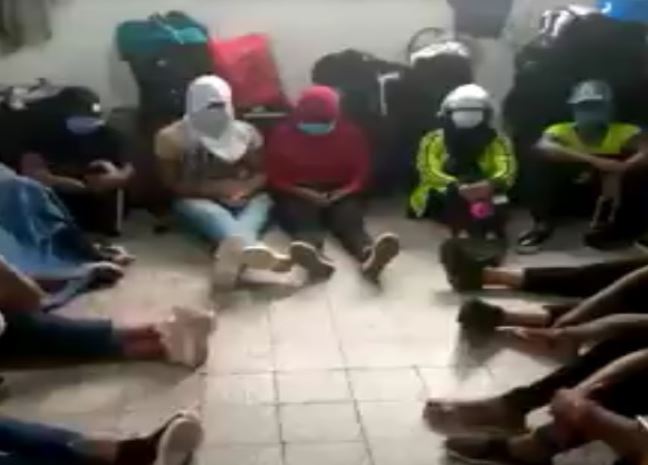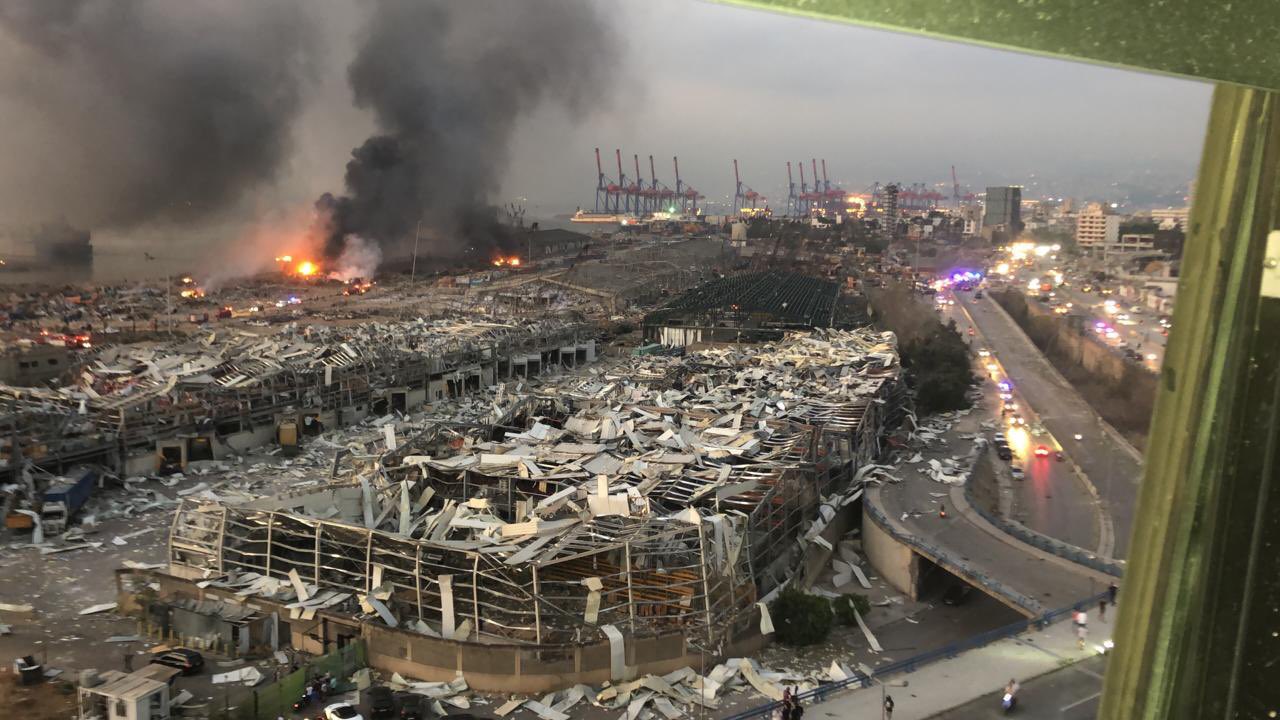“A spiritual cedar is not recognised or admired in the world”.
Nicodemus was a Bible teacher of the Jews. But when he saw the manifestation of the spirit and power of God in the ministry of Jesus, he came to Jesus in secret to broaden his knowledge about the kingdom of God.
But then Jesus gave him a prerequisite that turned his theology upside down. He told him that for him to see the kingdom of God, he would have to be “born again.”
Nicodemus was flabbergasted. He wondered how an old man like himself could be “born again.” Does he have to go back into his mother’s womb and be born a second time? (John 3:4).
But Jesus wondered how Nicodemus could be the pastor of a church, and yet find it so difficult to understand simple biblical principles:
“Jesus replied, ‘You, a respected Jewish teacher, and yet you do not understand these things? I am telling you what I know and have seen– and yet you won’t believe me. But if you do not even believe me when I tell you about such things as these that happen here among men, how can you possibly believe if I tell you what is going on in heaven?’” (John 3:10-12).
The principles of the kingdom of God are Greek to many highfalutin Christians. Even when the inspired go to lengths to dissect these principles, many refuse to believe because it does not agree with their hopes and aspirations. They became pastors because they want to be mighty oaks. They do not want to be despised and rejected by men. (Isaiah 53:3).
When I shared with an interactive study group that it is not the will of God for the believer to be great in this world (Jeremiah 45:5), one of our members gently drew my attention to an Old Testament scripture that seems to say the very opposite: “The righteous shall flourish like a palm tree, he shall grow like a cedar in Lebanon.” (Psalm 92:12).
Here was proof text that the believer is destined to be great and exceptional in the world. Indeed, the very fact that it would do so against the odds would testify to the power of God. That which is impossible is surely not impossible with God, she insisted.
But when we read Old Testament scriptures today, we must not be blinkered like the Jews. Paul observes that: “Their minds were blinded. For until this day the same veil remains unlifted in the reading of the Old Testament, because the veil is taken away in Christ. But even to this day, when Moses is read, a veil lies on their heart. Nevertheless, when one turns to the Lord, the veil is taken away.” (2 Corinthians 3:14-16).
If we read Psalm 92:12 with a veil over our hearts, we would be frustrated to death, waiting indefinitely to flourish like the palm tree and grow like a cedar in Lebanon. But we must read such scriptures with a new heart and a renewed spirit. Otherwise, we would stand in the righteousness of Christ for years on end and discover that we are not flourishing like any palm tree and are not growing like any cedar in Lebanon or even in Nigeria.
Our businesses are not thriving. We lose our jobs. We suffer bereavement. We are jilted in love. We are persecuted and despised.
Without wanting to admit it, this leads us to the subconscious conclusion that the promises of God are illusory. We feel God just says a lot of things without meaning them. He says a lot of things without intending to bring them to pass. Thereby, the letter of the scripture kills our faith. Little by little, we stop believing in the word of God. When we hear someone pray a promise of God, we say the amen of Jeremiah; the amen of doubt and unbelief. (Jeremiah 28:6).
But when the veil over our heart is removed, we read Psalm 92:12 again and discover that this scripture that was so damaging to our faith is true to life. We suddenly discover that although our businesses are not thriving, although we lose our jobs, although we suffer bereavement, although we are jilted in love, and although we are persecuted and despised, nevertheless we are flourishing like the palm tree and are growing like a cedar in Lebanon.
However, this flourishing and growth are not physical but spiritual. We discover that the Lord is not trying to make us physical but spiritual cedars. We also discover that a spiritual cedar is not just different from a physical cedar. It is its antithesis. Jesus says: “That which is flesh is flesh, and that which is spirit is spirit.” (John 3:60. Therefore, a spiritual cedar is the opposite of a physical cedar.
A spiritual cedar is not recognised or admired in the world. The eye does not see, the ear does not hear, it has not come into the imagination of men what makes the spiritual man a cedar in Lebanon. (1 Corinthians 2:9). The natural man cannot see it because he has a veil over his heart. But God has revealed it to us by His Holy Spirit.
Thus, Jesus came as the light of the world to teach us how to understand the Old Testament by being the fulfilment of all its prophecies. (Matthew 5:17). After we have received Him, we should not put the veil back on our hearts:
The Jews believed the kingdom of God would bring about the restoration of Israel to its former power and glory. The symbol of this expectation was the cedar of Lebanon. With the advent of the kingdom, it was anticipated that Israel would be head and shoulders above its neighbours.
The cedar was magnificent by all accounts. It grew straight up, sometimes for two or three hundred feet or more. Every kind of bird could nestle in branches and seek refuge in its shade. (Ezekiel 31:3-6).
This expectation seemed to be confirmed by the vision given to Daniel:
“I was looking, and behold, a tree in the midst of the earth, and its height was great. The tree grew and became strong; its height reached to the heavens, and it could be seen to the ends of all the earth. Its leaves were lovely, its fruit abundant, and in it was food for all. The beasts of the field found shade under it, the birds of the heavens dwelt in its branches, and all flesh was fed from it.’” (Daniel 4:10-12).
However, no sooner had this vision been given to Daniel than the Lord asked that the tree be cut down. (Daniel 4:13-17). Ezekiel notes that the counsel of the Lord is to bring down the high tree and exalt the low tree. (Ezekiel 17:24).
Isaiah also gives a similar message: “The day of the LORD of hosts shall come upon everything proud and lofty, upon everything lifted up- and it shall be brought low.” (Isaiah 2:12-17).
Jesus says: “I thank you, Father, Lord of heaven and earth, that You have hidden these things from the wise and prudent and have revealed them to babes. Even so, Father, for so it seemed good in Your sight.” (Matthew 11:25).
